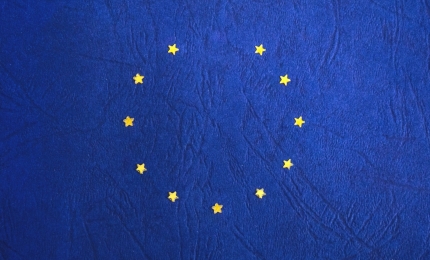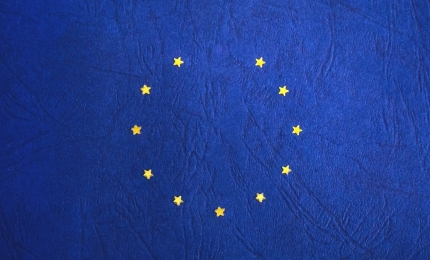Find us on...
Member States may restrict the distribution of cosmetics which have the appearance of food.
On 2 June 2022, the Court of Justice of the European Union (EU) issued a press release following judgement on a company marketing cosmetics in Lithuania, such as bath bombs, which had the appearance of foodstuffs and therefore could pose a risk of compromising consumer safety. The case was raised by the Lithuanian authorities after ordering the company in question to withdraw the cosmetics appearing as foodstuffs from the market. Following this, the Supreme Administrative Court of Lithuania asked the Court of Justice for clarification on the interpretation of the Dangerous Imitations Directive (87/357/EEC) in order to determine whether it must be shown by objective and substantiated data that the products may entail risks to health or safety.
To review the case, the Court observed that Directive 87/357 provides for a prohibition on the marketing, import, manufacture or export of certain products where four cumulative conditions, imposed by Article 1, are met:
- the product must be a non-food product possessing the form, odour, colour, appearance, packaging, labelling, volume or size of a foodstuff;
- the characteristics must be such that it is likely that consumers, especially children, will confuse the product for a foodstuff;
- it must be likely that, in consequence, consumers will place that product in their mouths, suck or ingest it;
- this may entail risks such as suffocation, poisoning, or the perforation or obstruction of the digestive tract.
However, the Court found that Directive 87/357 does not contain a provision presuming that products, appearing to be other than they are, are dangerous. The Court states that the national authorities must assess, in each individual case, the objective characteristics of the products concerned in order to determine whether they meet the four conditions above.
The Court considers that EU law does not require national authorities to demonstrate the certainty that such risks as detailed above will materialise, as this would not ensure a fair balance between the free movement of products and consumer protection.












